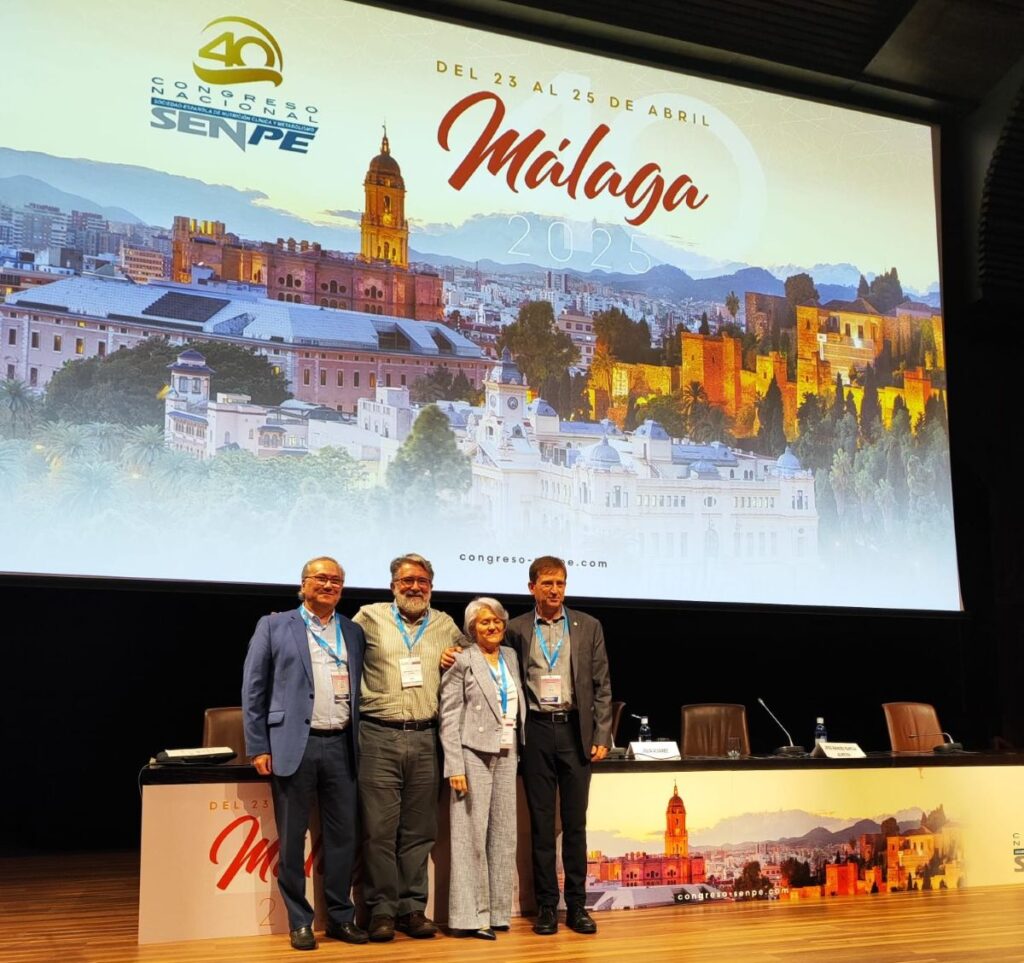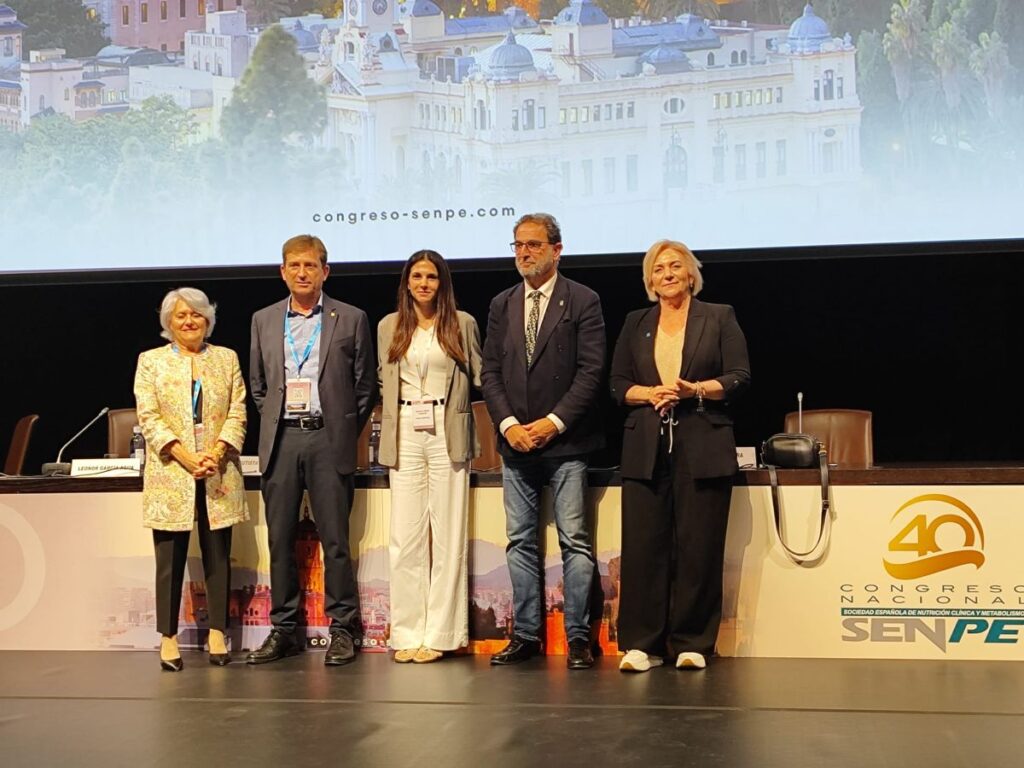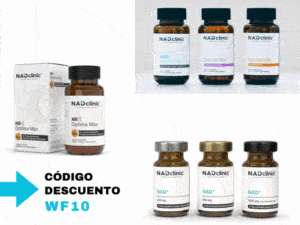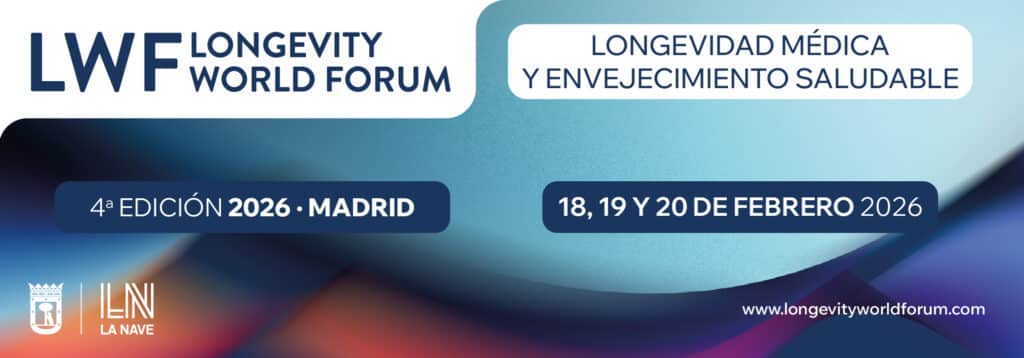During three intense days, more than 800 health professionals - doctors, dieticians-nutritionists, pharmacists, nurses, rehabilitators and experts in metabolism - met in Malaga as part of the 40º National Congress of the Spanish Society of Clinical Nutrition and Metabolism (SENPE). A multidisciplinary meeting that has demonstrated, once again, that the Clinical nutrition is much more than a therapeutic adjunct: it is a central tool for health, functional recovery and quality of life..
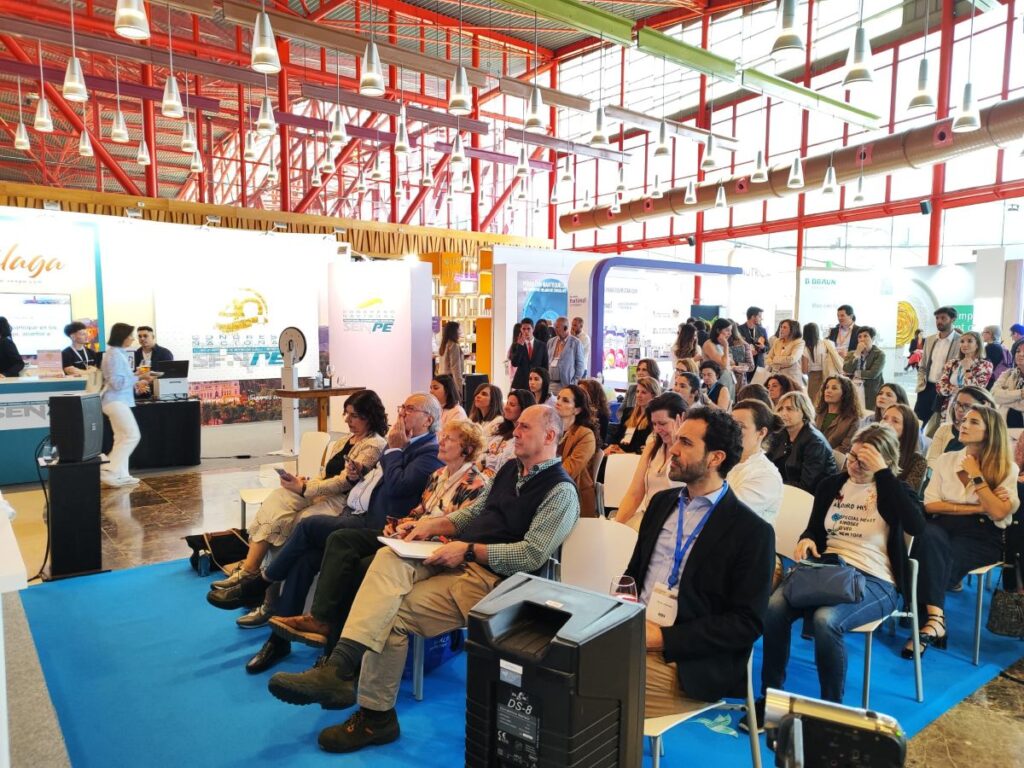
The SENPE 2025 Congress has been the scene of scientific advances, ethical debates, practical workshops and a critical - but hopeful - look at the role that nutrition plays in the healthcare system. From day one, the focus has been on a cross-cutting concept: person-centred nutrition careThe programme is based on evidence, functionality and individual context.
Among the highlights of the programme:
- The role of nutrition in the oncology patient and in the ICU.
- New algorithms for screening and diagnosis of malnutrition.
- Models of early intervention in primary and hospital care.
- Update on enteral and parenteral nutrition.
- Innovations in diagnostic technology, such as nutritional ultrasound and bioimpedance.
All of this has reflected the dynamism of an evolving field, where the integration of clinical, technological and human tools is key to move towards a truly personalised medicine..
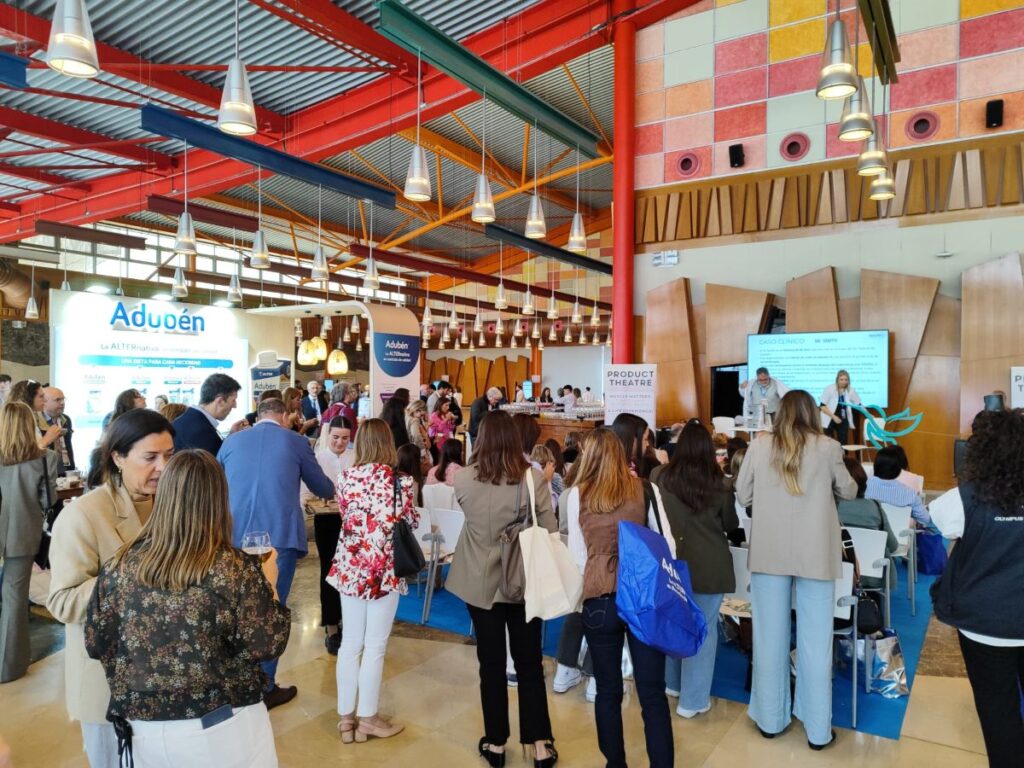
The Malaga Declaration: when muscle matters more than weight
One of the milestones of the Congress was the official presentation of the Malaga Declarationa manifesto that places the assessment of body composition and physical functionality as central axes in the nutritional approach. Signed by experts in nutrition, metabolism and rehabilitation, this statement proposes to move away from models focused solely on weight or BMI to a more comprehensive and useful approach for daily clinical practice.
"Nutritional care is a human right," reminded Dr. Gabriel OlveiraThis means offering diagnoses and treatments that take into account not only how much a patient weighs, but also what lies beneath that weight. "And that means offering diagnoses and treatments that take into account not only how much a patient weighs, but what lies beneath that weight: how much muscle mass they have, how they move, what functional capacities they retain, and what their clinical and emotional environment is like".
The Declaration, aligned with the international GLIM criteria and the Vienna Declaration, calls for the routine implementation of morphofunctional assessment. at all levels of care. This includes tools such as bioimpedance, dynamometry, muscle ultrasound, functional tests and, where possible, opportunistic imaging analysis. Even in less resourced settings, a simple tape measure can provide key information on nutritional status.
This initiative, supported by multiple scientific societies, marks a firm step towards a model of care more equitable, individualised and effectivewhich prioritises the prevention of malnutrition, recovery of functionality and quality of life.
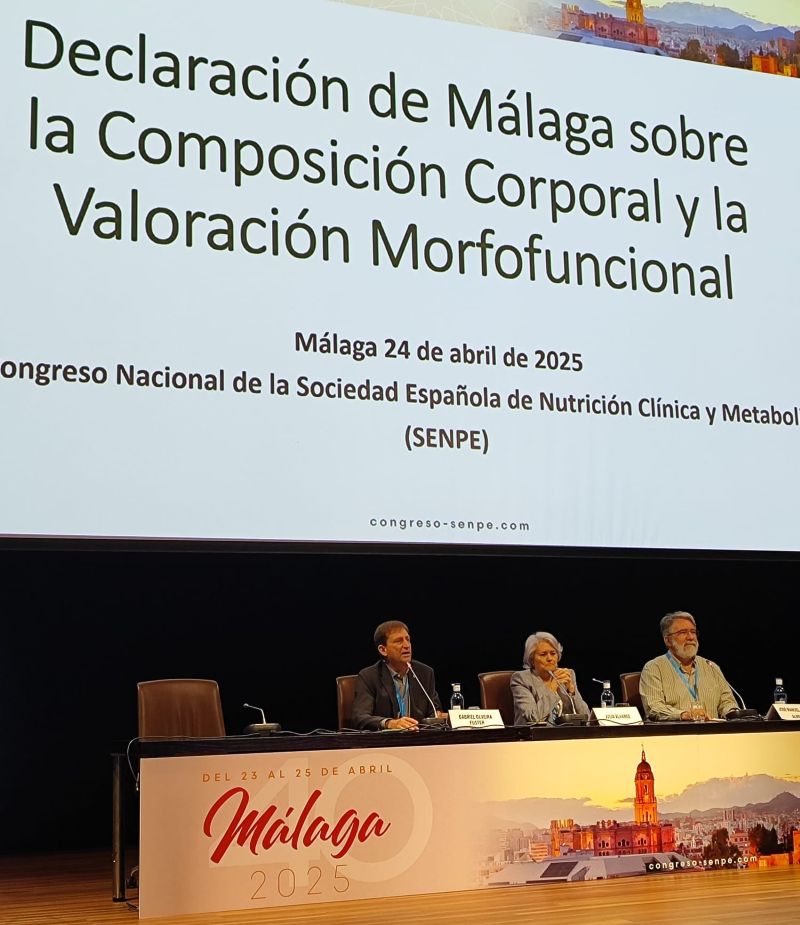
The patient at the centre of the system
Another message that ran throughout the congress was the need to look beyond clinical diagnosis and treat the patient from a biopsychosocial approach. This was reflected in a number of round tables which debated on the therapeutic adherenceThe role of the caregiver, the humanisation of clinical nutrition and the social determinants of undernutrition.
The Congress also called for the importance of including nutrition in the basic training of all health professionals, and to ensure that nutrition is included in the basic training of all health professionals. equitable access to diagnostic tools and nutritional treatment throughout the territory.. In addition, emphasis has been placed on the need to boosting scientific research in this field, especially in areas such as home nutrition, therapeutic exercise or post-hospital recovery.
And, above all, it requires recognising that eating well is also about healing.
With initiatives such as the Malaga Declaration, the work of SENPE and the commitment of hundreds of professionals, a model of advanced, humane and evidence-based clinical nutrition is being consolidated. Malaga has been the meeting point, but the change is already underway in hospitals, clinics, social and healthcare centres and homes throughout Spain.
